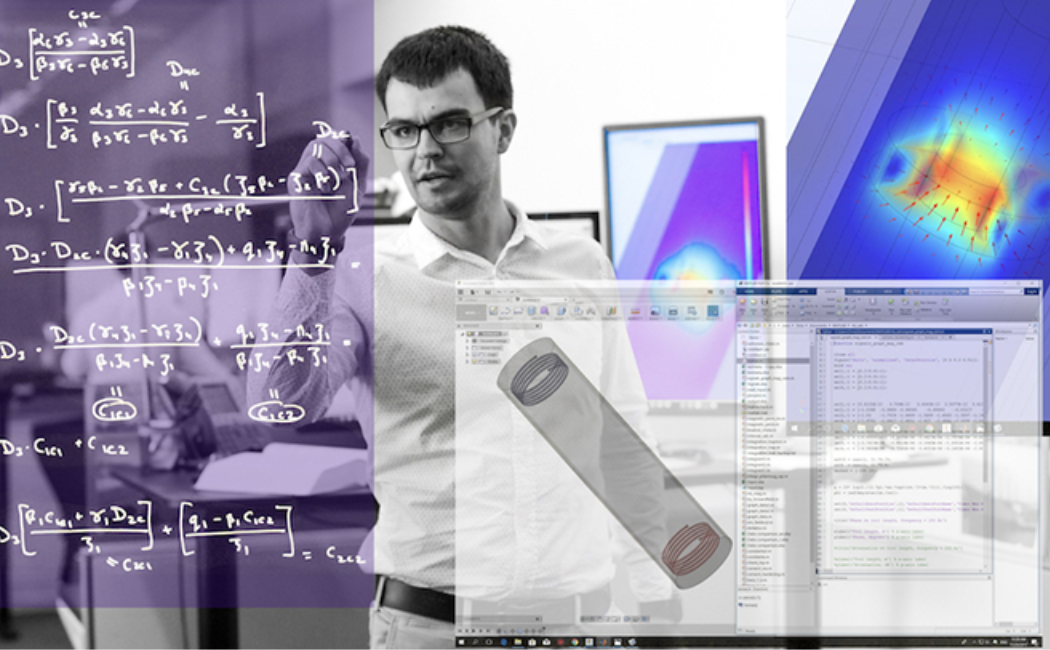.jpg?sfvrsn=1a62d0cb_0)
.jpg?sfvrsn=1a62d0cb_0)

ABSTRACT
Over the past decade, research has commenced on biologically-mediated solutions like microbially induced carbonate precipitation (MICP) and biologically-inspired solutions like EICP for non-disruptive ground improvement. Both of these approaches rely upon hydrolysis of urea catalyzed by the enzyme urease. Under the right environmental conditions (e.g., pH), the hydrolysis of urea leads to calcium carbonate precipitation in the presence of the rate of carbonate precipitation via hydrolysis of urea can be up to times faster than a natural process. The objective of this presentation is to show the effectiveness of EICP for soil improvement via hydrolysis of urea (ureolysis) catalyzed by plant-extracted urease enzyme. Elements of this work include: 1) systematic experiments to identify an optimum EICP treatment solution; 2) evaluation of the mechanical properties of EICP- treated soil under different treatment conditions and with varying carbonate contents; 3) investigation of the potential for enhancing the EICP stabilization process by including xanthan gum, natural sisal fiber, and powdered of dried non-fat milk in the EICP treatment solution; and 4) bench-scale studies of the use of EICP to make sub-horizontal columns of cemented soil for soil nailing and vertical columns of cemented soil for foundation support. The results of these investigations showed that EICP holds promise as an attractive option for geotechnical engineers for ground improvement and stimulate the development and use of other biogeotechnical techniques for civil engineering purposes.
BIO
Dr. Almajed is an Assistant Professor in the Department of Civil and Environmental Engineering at King Saud University (KSU). He received his Ph.D. degree in Civil, Environmental and Sustainable Engineering from Arizona State University (ASU) in 2017. Dr. Alamjed's research focused on biogeotechnical engineering and biogeochemical processes for ground improvement and remediation. Dr. Almajed investigated the mechanical properties of EICP-treated soil under different carbonate contents and different treatment. His expertise includes experimentation and analytical testing that related to mineral precipitation using biological processes and macromolecules such as free urease enzymes and biopolymers. He is also involved in several projects that related to the improvements of the mechanical properties of the soil, surficial soil stabilization, and environmental remediation.
Light refreshments will be available at 3:45pm. The presentation itself begins at 4:00.